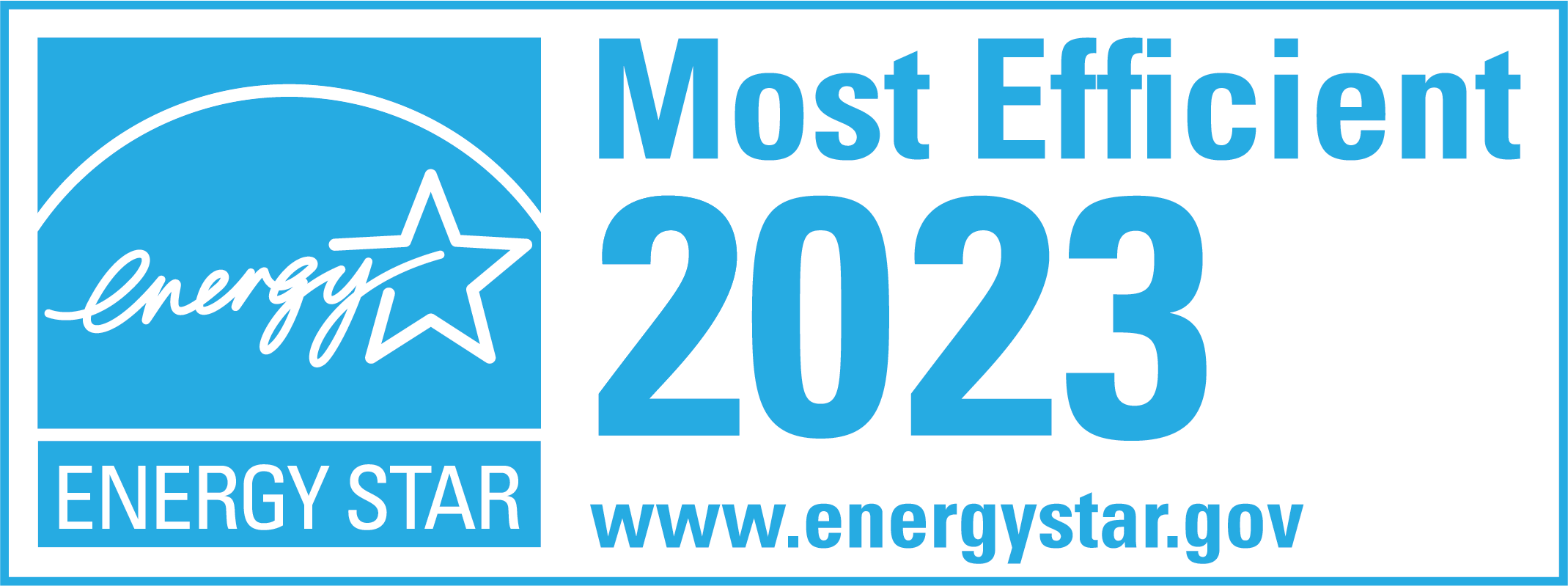Argon Gas Windows
Are you considering installing new energy-efficient replacement windows but have questions about the best options? Choosing the right glass package is one of the most important decisions you need to make when replacing your windows. We are going to take a look at what are argon gas windows and why you need them.
This article covers the following topics:
- What is argon gas?
- Argon gas pros and cons
- Are windows with argon gas worth it?
- Can argon gas leak out of windows?
- Is argon found in safety glass?
- Do all double-pane windows have argon gas?
- How can you tell if argon has leaked out of your windows?
What is argon gas?
Argon is a colorless, odorless, and tasteless noble gas that makes up approximately 1% of the Earth’s atmosphere. It is used in various applications, including as an inert shielding gas in welding and other industrial processes, filling gas in energy-efficient windows, and light bulbs to protect the filament from oxidation.
What are the benefits of argon gas windows?
Whether your new home windows should have argon depends on your needs and preferences. Here are some advantages of using argon gas-filled windows:
- Energy Efficiency: Argon gas has a low thermal conductivity, which can reduce heat transfer between the inside and outside of your home, leading to improved insulation and increased energy efficiency.
- Improved Comfort: By reducing heat transfer, argon-filled windows can help to maintain a consistent indoor temperature and improve overall comfort.
- Increased Durability: Using argon gas can extend the lifespan of your windows by reducing the risk of damage from temperature changes and atmospheric moisture.
However, it’s important to note that argon-filled windows are more expensive than air-filled ones, so it may not be a feasible option for everyone. Before making a decision, it’s recommended to consider factors such as the cost, energy efficiency needs, and overall durability of your windows.
What are the disadvantages?
Here are some potential disadvantages of home windows with argon gas:
- Cost: Argon-filled windows cost more than insulated glass with only air between the panes. However, some manufacturers charge more for windows without argon because it disrupts their production line.
- Leakage: If the window seals fail, argon can leak out of the glass, resulting in seal failure. However, the leakage is not because of argon, but because of the window seals.
- Performance: While argon gas can improve the energy efficiency of windows, its performance can be impacted by other factors, such as the type of glass and frame used and the overall design of the window.
- Complexity: Filling windows with argon gas is a complex process that requires specialized equipment and expertise, which can make it more difficult to repair or replace the windows if needed.
Ultimately, the decision to use argon gas in your home windows should be based on your specific needs and circumstances. Factors such as cost, energy efficiency, durability, and the climate in your area should all be considered when deciding.
Are windows with argon gas worth it?
Absolutely. Argon is the gold standard gas used in the best energy-efficient windows. Without argon gas and LoE coatings, new windows will improve the look of your home but won’t impact your heating and cooling costs. Believe it or not, some window manufacturers will charge more for glass without argon gas because it’s rare and causes a production delay.
Can argon gas leak out of windows?
Over time, argon can leak out of your home’s windows. Windows may shift over multiple seasons of extreme weather shifts. That shift can cause the glass and frame to expand and contract. As that happens, the butyl edge seal around the IGU may break free, releasing the argon gas.
Is argon found in safety glass?
Argon gas can be found between panes of tempered and laminate glass packages.
Do all double-pane windows have argon gas?
Argon gas is typically found in new replacement windows, but your home’s original windows may not have argon between the panes. The only way to know would be to check the original paperwork on the windows. Unlike safety glass, identified through an etched symbol, there is no visual way to tell if your windows have argon gas.
The US ““““““`
How can you tell if argon has leaked out of your windows?
One way to tell if your window seals have failed is when you see condensation inside the glass. Fogged glass is a sign that any pre-existing argon is no longer working.
Have more questions about energy-efficient windows?
Please read some of our latest posts to learn more about buying replacement windows.
- Guide to Energy-Efficient Windows
- Different Home Window Types
- NFRC Ratings for Home Windows
- 7 Window Buying Mistakes to Avoid
In closing
Argon gas windows are a must-have when you’re replacing your home windows. It’s a key component to energy-efficient windows, and it can help improve the lifespan and effectiveness of your windows. If you live in DFW, we would love to help you choose the right windows for your home. We offer a free window estimate and will come to your house and evaluate your needs. Schedule a free consultation today or call us at 214-399-9592.






